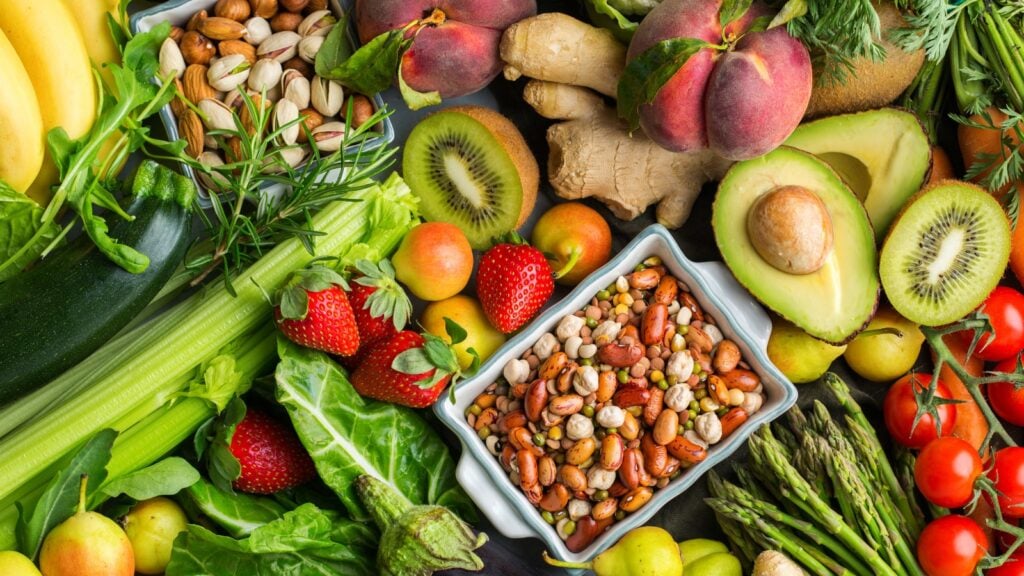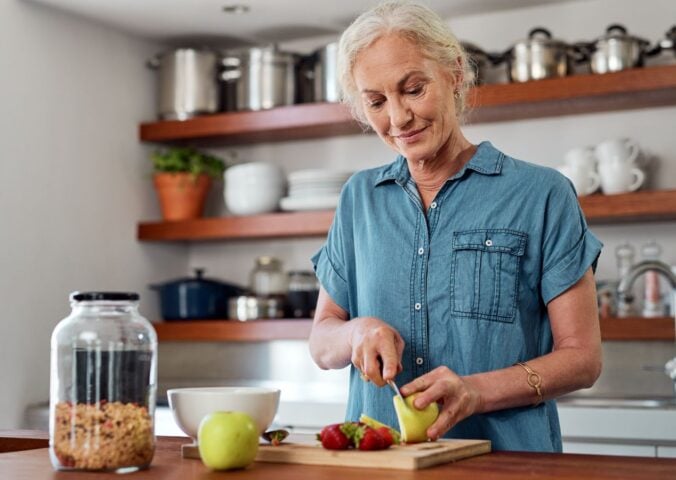The European Parliament has called on the EU to promote a plant-based diet and reduce meat consumption in order to fight cancer.
Cancer is Europe’s second biggest killer, with 3.7 million new cases and 1.9 million deaths every year – a quarter of the world’s cancer cases, despite constituting only an eighth of the world’s population.
Véronique Trillet-Lenoir, from the Special Committee on Beating Cancer (BECA), called the strategy “historic, both in terms of its ambition and its objectives, and in terms of the resources, we will provide.
“We will finally be able to fight effectively, together, against the health inequalities that persist within the European Union and respond to the needs of millions of Europeans affected by this disease,” Trillet-Lenoir said.
A new way forward in the fight against caner
The new strategy shifts the focus from drug testing to preventative research into carcinogenic chemicals, including promoting a balanced, plant-based diet in lieu of meat, ultra-processed foods, and foods high in sugar, salt, and fat.
Meat and animal products are very societally significant in Europe, with carcinogenic foods like salami and frankfurters interwoven in European culture.
On the strategy, Dr Joanna Swabe, Humane Society International (HSI)’s senior director of public affairs, said:
“It is heartening to see the European Parliament acknowledge the risk factors associated with animal products, as well as the protective benefits of eating a more plant-based diet.
“There is mounting scientific evidence that the consumption of meat and dairy products can have a detrimental impact on human health. The World Health Organisation (WHO) warns that processed meats are carcinogenic, that red meat probably increases your risk of bowel cancer, and that eating the equivalent of less than two slices of bacon a day increases your chance of colorectal cancer by 18 percent,” Swabe said.
Plant-based diet against cancer
The WHO classifies processed meats (like ham, bacon, and sausages) as a Group 1 carcinogen, known to cause cancer.
Though colorectal cancer is one of Europe’s most common cancers and a leader in cancer deaths, scientists have found that a healthy diet is a preventative measure – with diets high in fiber and legumes and low in animal protein and fat protective against colorectal cancer.
Research has also found that a plant-based vegan diet reduces cancer indicative growth hormones by 13 percent in women and nine percent in men.
The new strategy asks the European Commission and Member States to consider a harmonized front-of-pack nutritional label to facilitate informed, healthy and sustainable choices.
Cancer research on animals
The new EU strategy also promotes greater investment in non-animal biomedical testing to replace obsolete animal testing, drawing on technological advances in mathematical modeling, artificial intelligence, and digital tools to draw more reliable conclusions.
Helder Constantino, director of research policy for HSI’s Research & Toxicology Department, commented:
“HSI welcomes the Parliament’s emphasis on the importance of investing in new, non-animal research technologies, such as next-generation computing and miniature human organoids.
“Non-animal methods for testing the cancer-causing potential of environmental chemicals should provide more human-relevant information than the old, slow, and unreliable rodent tests currently in use,” Constantino said.
EU animal testing
In 2017, nearly one million animals were subject to medical testing in the EU. Ninty-five percent of cancer drugs tested on animals are not approved, meaning many consider animal testing statistically redundant.
In 2020, the European Commission’s Joint Research Centre (JRC) said:
“Preclinical breast cancer research currently relies on animal models, mostly rodents. However, animal models mimic limited aspects of human breast cancer.”
Scientific research shows that carcinogenicity testing, specifically using rodents for tests, is not sufficient for human health hazard assessments.






